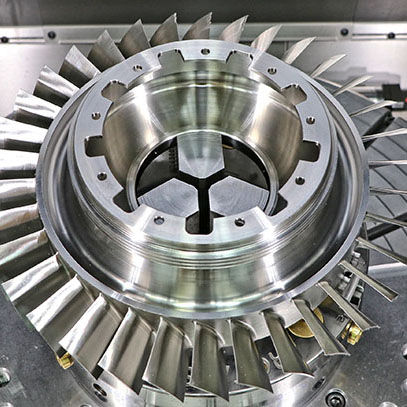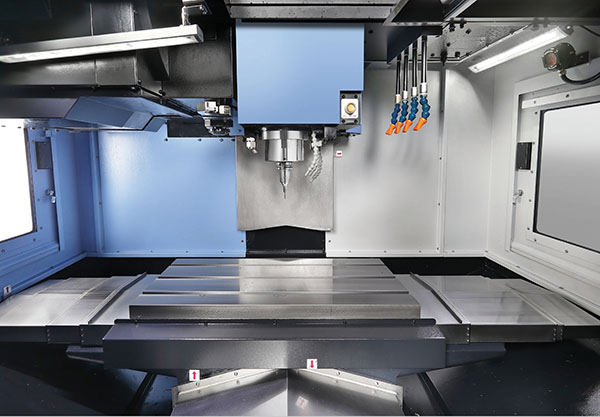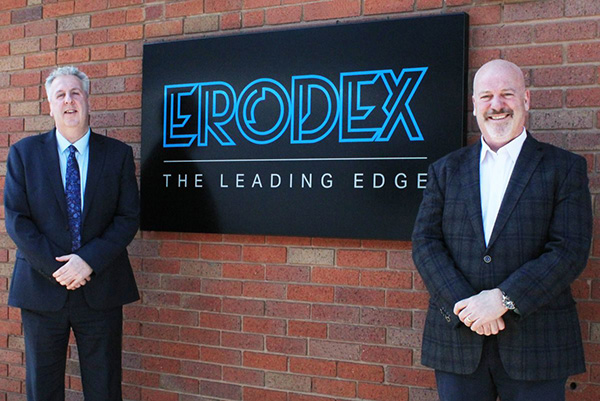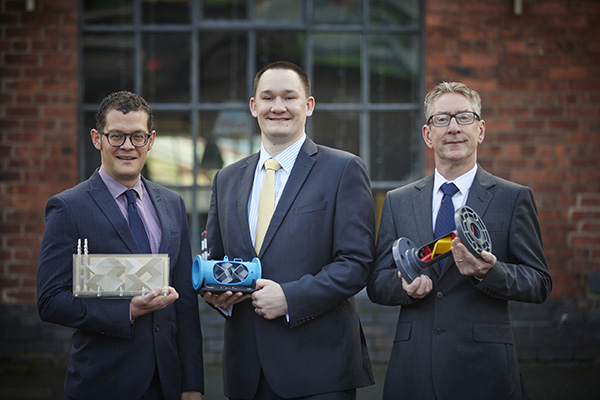
Kingsbury, the sole UK sales and service agent for WAAM equipment builder GEFERTEC GmbH, has put together an application example detailing the benefits that additive manufacturing can bring to the manufacture of an Inconel engine blisk. Traditionally, the blisk would be produced from a 72 kg, £3500 forging that would subsequently be milled, adding further expense and time. As a cost-effective and economical alternative, Kingsbury started with a 300 mm diameter Inconel 718 central hub on to which the GEFERTEC machine deposited Inconel 625 in four stages to create a fully printed blisk.
The material and machining cost totalled £1764 and the printed Inconel weighed just 27.8 kg. Overall, the additive process saved 37.5 kg of Inconel during the additive process over the traditional subtractive manufacturing method. The subsequent machining time was consequently shorter than forging, as the material removed during milling of the near-net-shape blank was only about 16 kg, while tooling costs were also proportionally lower.
For further information https://kingsburyuk.com/























